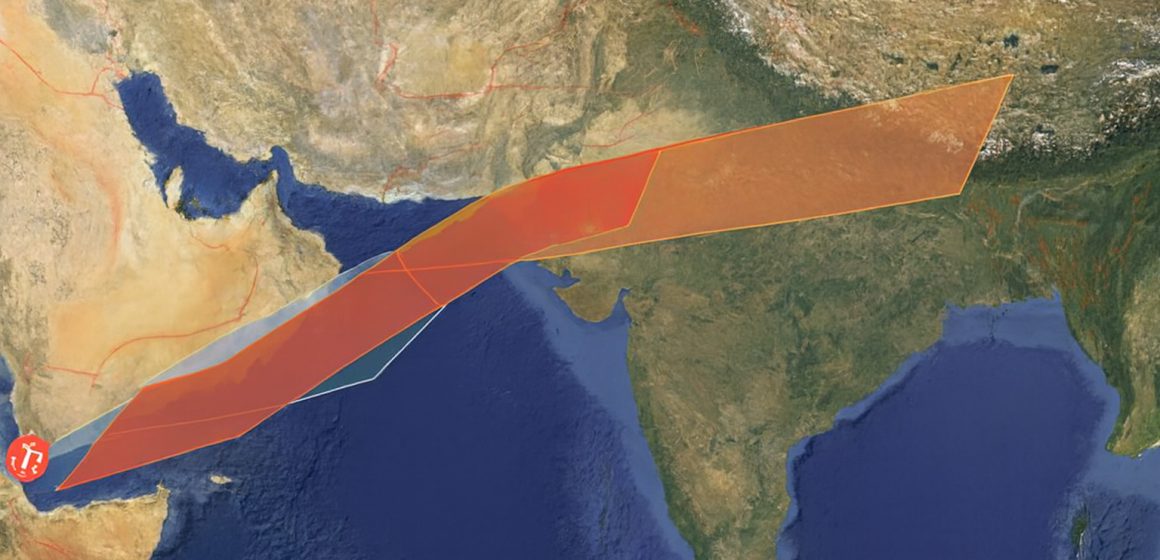Volcanic ash clouds threaten aircraft safety by disrupting engines and instruments, as their particles are abrasive, heat‑reactive, and electrically conductive.
Following the eruption of Ethiopia’s Hayli Gubbi volcano—its first in nearly 10,000 years—India’s aviation regulator, the Directorate General of Civil Aviation (DGCA), issued an urgent advisory on the hazards posed by volcanic ash to aircraft and airport operations late Monday evening.
The volcanic ash cloud entered the Indian subcontinent from the northwest corridor around 18:30 IST on Monday, affecting airspace over Gujarat, Rajasthan, Delhi, Haryana, and Punjab.
Volcanic ash clouds may pose serious risks to aircraft by interfering with engines and flight instruments. This is due to the highly abrasive, heat-sensitive, and electrically conductive nature of ash particles. The eruption of Iceland’s Eyjafjallajökull volcano in 2010 disrupted European airspace for nearly six weeks.
The DGCA advisory is based on inputs from the Toulouse Volcanic Ash Advisory Centre (VAAC) and Universal Aviation Logistics (UAL), along with ASHTAMs (Aeronautical Special Hazardous Traffic Advisory Message) issued for immediate operational response.
The six-point advisory outlines protocols across operational manuals, crew actions, dispatch adjustments, safety risk management, airport inspections, and continuous monitoring.
“Operators are advised to reiterate and brief all concerned personnel on the Operations Manual – Volcanic Ash, ensuring adherence to prescribed procedures,” states the document reviewed by INFRASTRUCTURE TODAY.
Pilots, dispatchers, and cabin crew are required to align flight planning, routing, and fuel considerations with the latest advisories. Any suspected ash encounter—such as engine anomalies or cabin smoke or odour—must be reported immediately. Dispatchers must monitor volcanic ash bulletins, NOTAMs, ASHTAMs, and meteorological data continuously.
Flight Safety Measures
Operators have been instructed to avoid affected altitudes and regions, modify dispatch procedures and operational minima, and conduct post-flight inspections for aircraft operating near ash-affected zones. Operations to impacted airports must be suspended or delayed if conditions deteriorate.
For safety risk management, the advisory calls for monitoring engine performance fluctuations, cabin smoke or odour events, and weather changes affecting ash dispersion. Compliance with aircraft manufacturer guidelines and International Civil Aviation Organisation (ICAO) volcanic ash protocols is mandatory.
Airport-related actions include immediate inspection of runways, taxiways, and aprons; suspension of aircraft inspections if contamination is detected; and completion of cleaning procedures before resuming movements.
Operators are also advised to ensure 24×7 monitoring of the ash cloud using satellite imagery, volcanic ash advisories, and meteorological data, with frequent updates on ash movement forecasts.
India has the world’s 5th-busiest skies, with an estimated two flights taking off every minute. In 2024, the country operated an average of around 6,200 flights daily.
– Manish Pant


